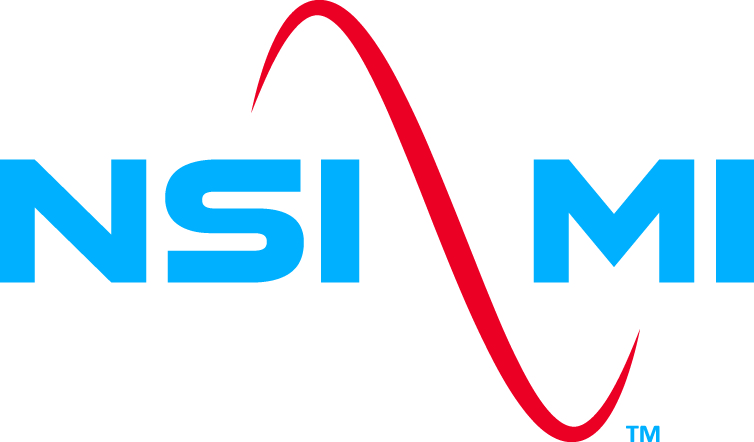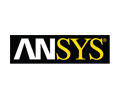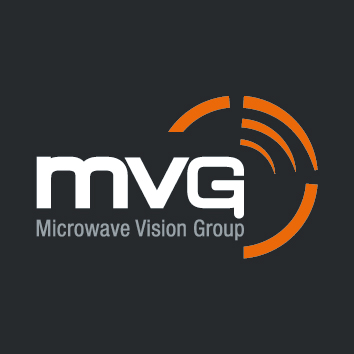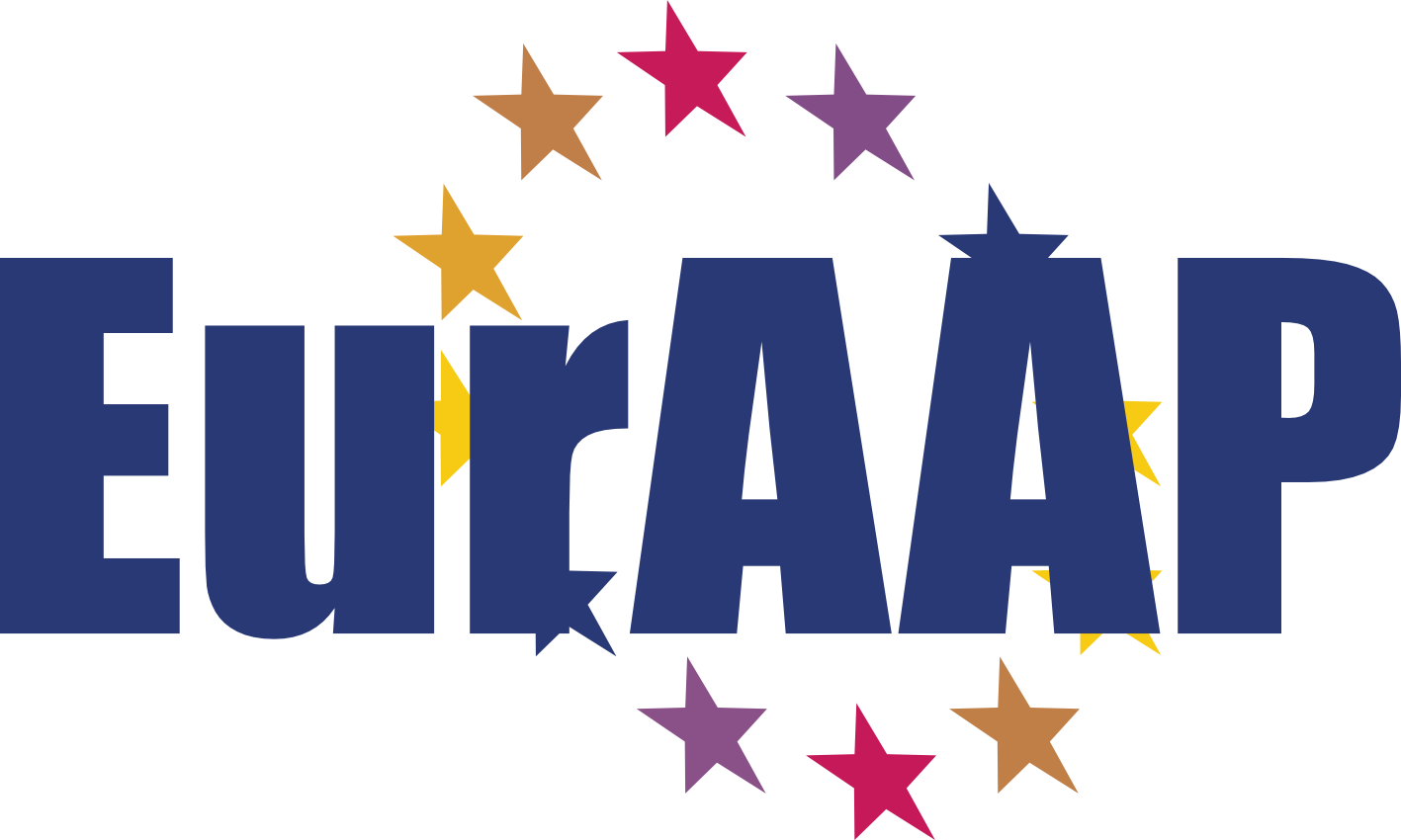Call for Convened Sessions
Convened Sessions Guidelines
Rules for proposers
The proposal including a mandatory provisional list of authors must be submitted no later than the deadline (26 May 2017) using the template provided.
Convened sessions must not have more than one paper from each convener's institution or more than one paper from each convener as an author or co-author. In addition, the proposers must be aware that should the number of accepted papers be too low, the session might be cancelled.
When soliciting authors, please avoid confusion with EuCAP “invited papers”. In addition, convened speakers and conveners should be informed that they will need to register for the conference at the EuCAP 2018 website.
Recommendations
Proposers should try to meet one or more of the following criteria in order to increase the chance of the session being accepted:
- Balance between EU and non-EU contributions
- Significant participation of industry, especially in application/industry oriented sessions
- Dedicated sessions will be favourably considered provided that they are appropriately defined, e.g. with a regional/application focus such as: “State of the art in mobile antenna research in continent X”, or centred on an aspect of a relevant technology: “Industrialisation aspects of metamaterial based antennas”… However, be aware that a scientific/industry workshop may be a better forum in some cases.
Paper submissions
All papers must be submitted by 27 October 2017 and should conform to the same specifications as regular papers. The authors cannot be changed after submission and in case of “no show” the paper will not be included in the IEEE-Xplore digital library.
Conveners may solicit one “overview” paper for a 5 paper session or two for a full 10 paper session. Such papers need not necessarily contain new results, and their quality will mainly be judged on the proper coverage of the topic (e.g. not only work from the author’s institution but also that from the general scientific community). Such papers should be reserved to authors having the proper background and recognition to achieve an authorised overview. It is stressed that this is a possibility but by no means an obligation. All remaining papers must present novel scientific content and are subject to a peer review process.
Download form
Selection criteria
The selection process of convened sessions will be based on a set of criteria:
- Quality of the solicited authors
- Topic of the session, taking into account the scientific content, the topical character, and the level of expected audience
- Adherence to the above Recommendations Criteria
- Quality with respect to competing proposals
The selection criteria and other constraints may mean a proposal is rejected in spite of its value and the reputation of the conveners. A 10 paper proposal may need to be transformed into a 5 paper session.
Review process
Please note that for EuCAP 2018, and in order to ensure the same quality control as regular papers (including plagiarism and self-plagiarism), convened papers will be reviewed by one of the conveners (except for the conveners’ papers and conveners’ institutions’ papers), and also by other reviewers.
Sessions
| CS1 | Recent Advances in Asian Antennas and Propagation Research |
| CS2 | AMTA Session on 5G Antenna Measurements |
| CS3 | AMTA Session on Antenna Characterisation Challenges in Today’s Automotive Industry |
| CS4 | IET session on channel sounding campaigns |
| CS5 | Antenna needs and solutions for future Space missions |
| CS6 | AMTA Session on Satellite and Aerospace Antenna Measurements |
| CS7 | 5G and mmWave Device Measurement Challenges |
| CS8 | Advances in Antenna Design and Analysis Using Characteristic Modes |
| CS9 | Beamforming techniques for information and power transmission – a joint COST IRACON and COST WiPE session |
| CS10 | Imaging and diagnosing with microwaves – new findings covering dielectric studies, imaging algorithms and patient studies: COST Action TD1301, MiMed |
| CS11 | New Developments of mm-Wave GAP wave technology |
| CS12 | Advances in Theory and Computation of Characteristic Modes |
| CS13 | Academic and Industrial Advances in Microwave Medical Technologies within European COST Action TD1301 - MiMed |
| CS14 | Higher Geometrical Symmetries for Periodic Structures |
| CS15 | Innovative Small Antennas |
| CS16 | Multibeam Antennas for Space Applications |
| CS17 | Propagation Channels for Wide-Sense Vehicle-to-X Communications |
| CS18 | New Optimization and Realization of UWB Feed Technologies for Future Radio Telescopes |
| CS19 | Fundamental challenges and novel methodologies in the next-generation computational electromagnetics |
| CS20 | Inverse Problems: Theory, Techniques, and Applications |
| CS21 | New Antenna Systems involving Application of Metamaterials and Metasurfaces |
| CS22 | New technologies and materials for wearable antennas for Wireless Personal Area Networks (WPANs) and Wireless Sensor Networks (WSNs) |
| CS23 | OTA Characterization of Antennas and Wireless Devices |
| CS24 | Advances in modelling design and implementation of reflectarrays and periodic structures |
| CS25 | COST CA15104 IRACON session on mm wave and THz channel modelling |
| CS26 | Reconfigurable Antennas and Arrays |
| CS27 | Reconfigurable Antennas for Compact Devices |
| CS28 | AMTA Session on Post Processing Techniques in Antenna Measurements |
| CS29 | GNSS Antennas and Antenna Systems |
| CS30 | Propagation Aspects in Remote Sensing |
| CS31 | Antenna Design and Signal Processing for High Sensitivity Astronomical Receivers |
| CS32 | Antenna for IoT applications |
| CS33 | 'Dielectric Properties of Biological Tissues: Achieving Accurate Data as the Basis for Novel Medical Device Development |
| CS34 | Silicon-based integrated antennas for mm-wave wireless communications |
| CS35 | Advanced Technologies for Wideband Antennas and Arrays |
| CS36 | Propagation in Aeronautics |
| CS37 | Modeling and design tools for small antennas state-of-the-art and future perspectives |
| CS38 | Antennas and propagation modeling for inter- and intra-chip wireless communications |
| CS39 | Channel modelling in railway environments towards 5G applications |
| Cs40 | Electromagnetic methods for direct and inverse scattering involving stratified media |
| CS41 | Additive manufacturing; an electromagnetic perspective |
| CS42 | Electromagnetic systems for Ambient Assisted Living (AAL) application |
| CS43 | Smart Antennas for Satellite Communications |
| CS44 | COST CA15104 (IRACON): Measurements and Simulations in Channel Modelling in Wireless Body Area Networks |
| CS45 | COST CA15104 (IRACON) session on frequency dependency modelling of radio channels |








